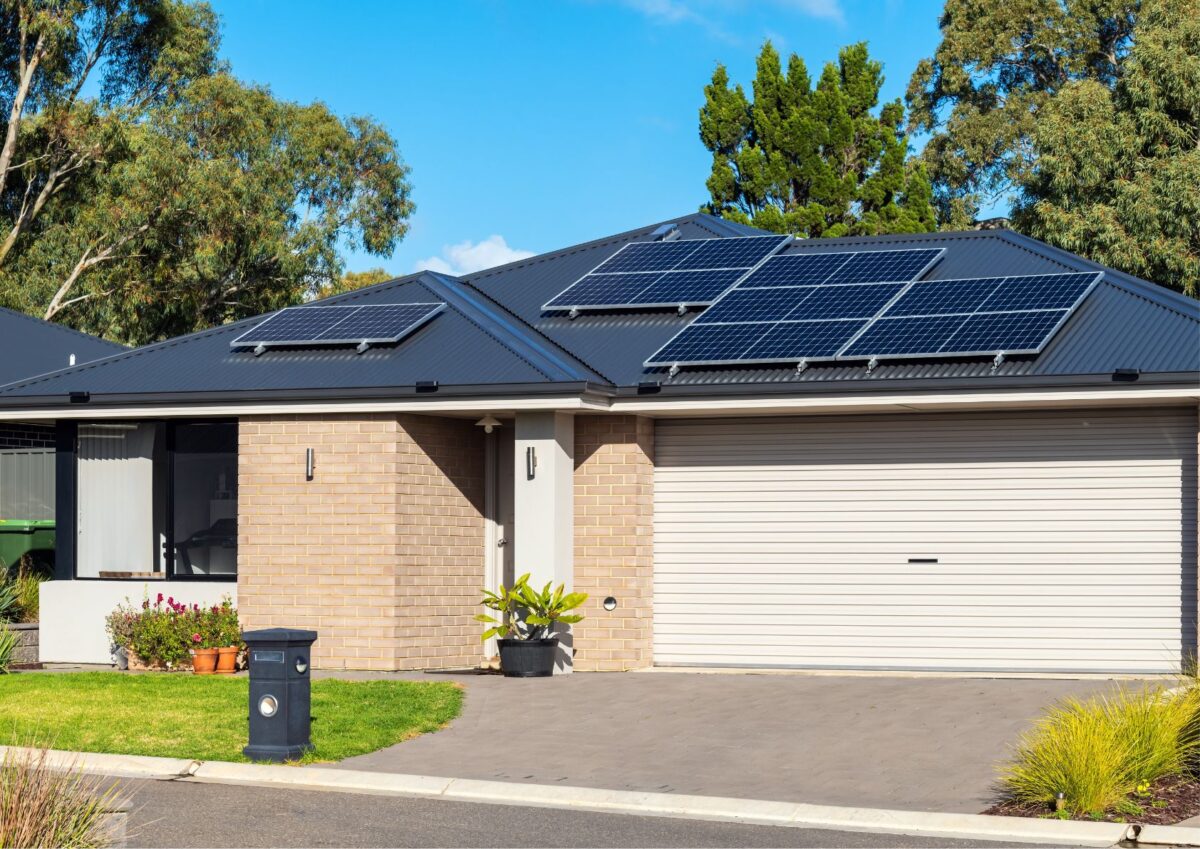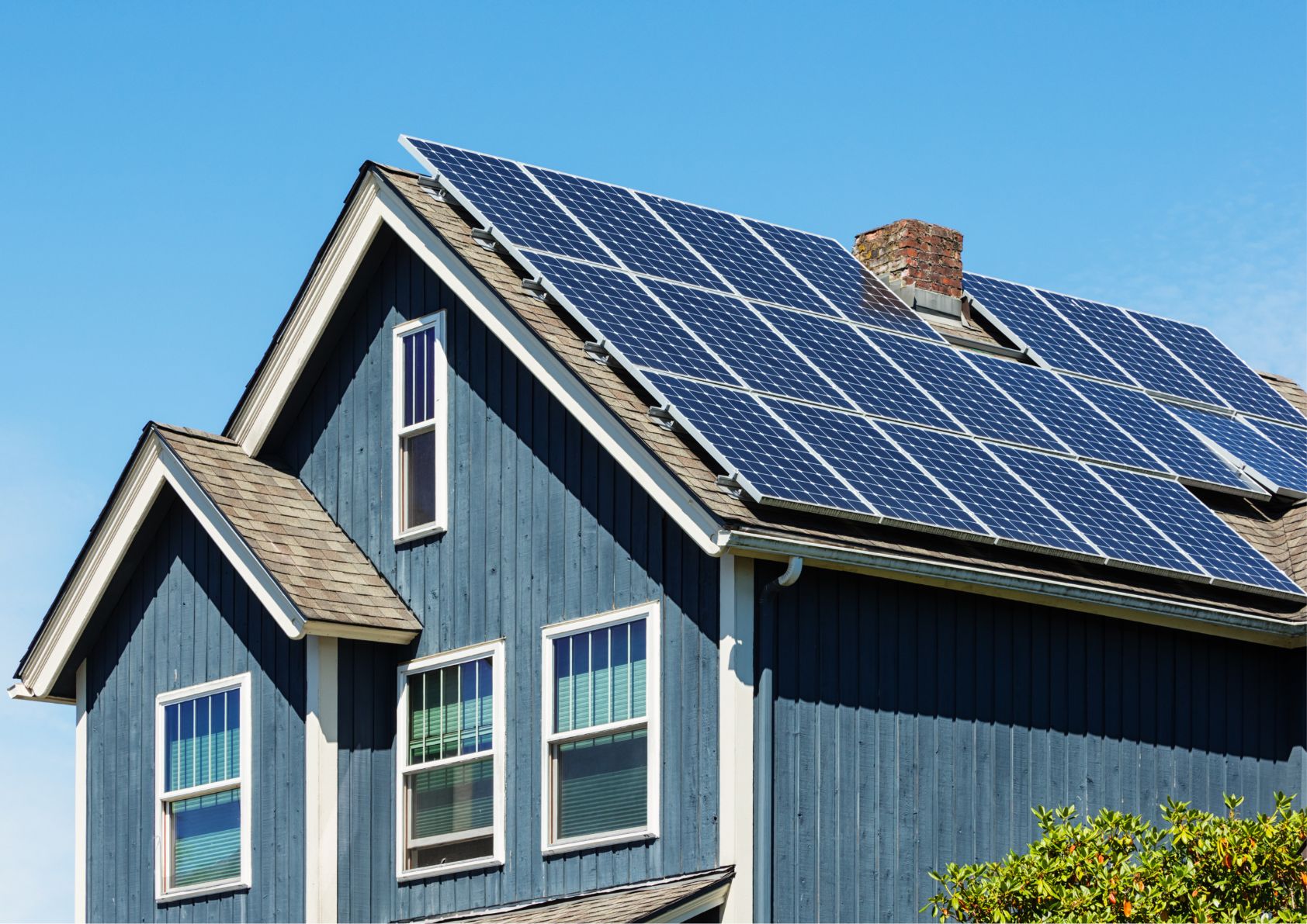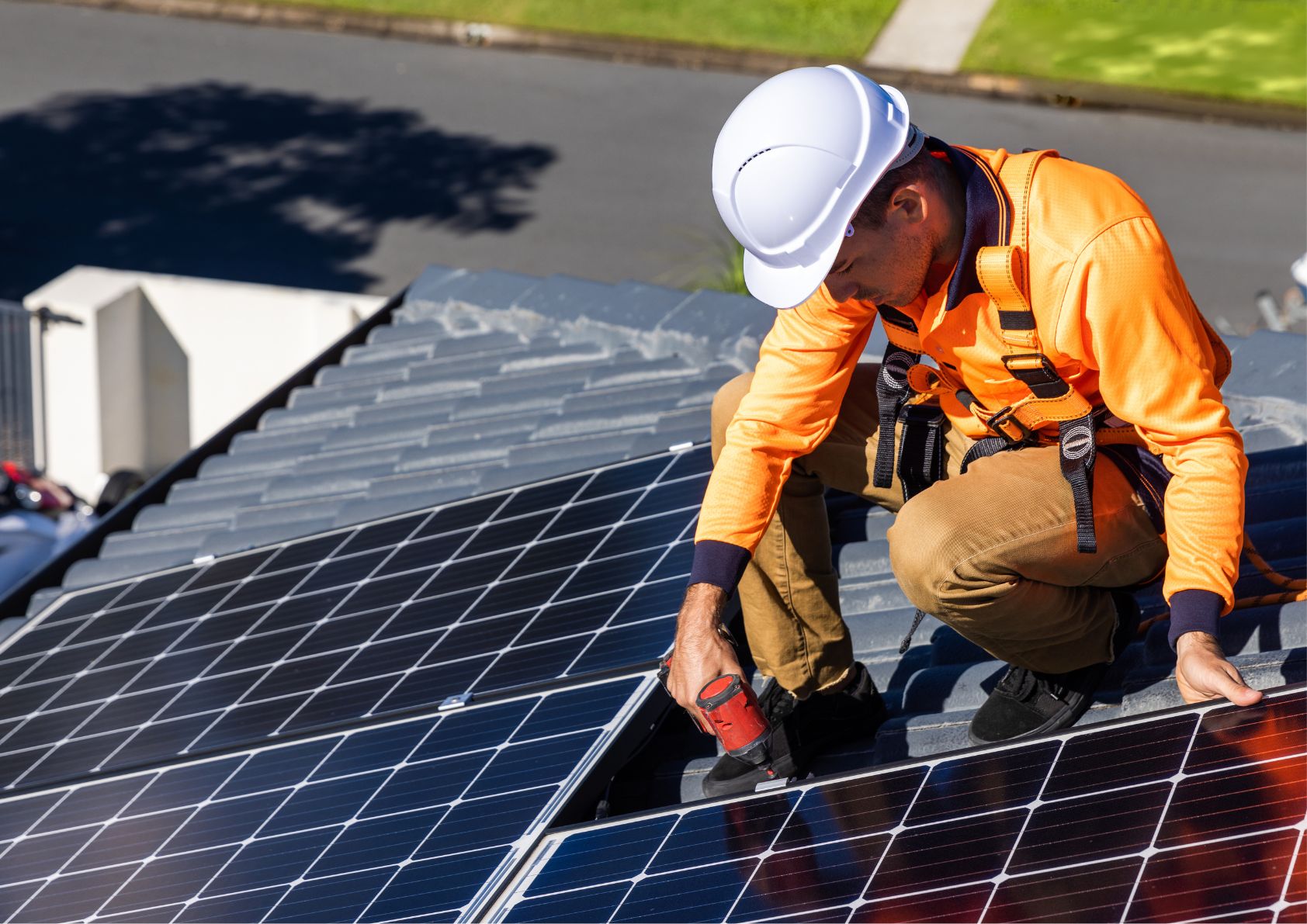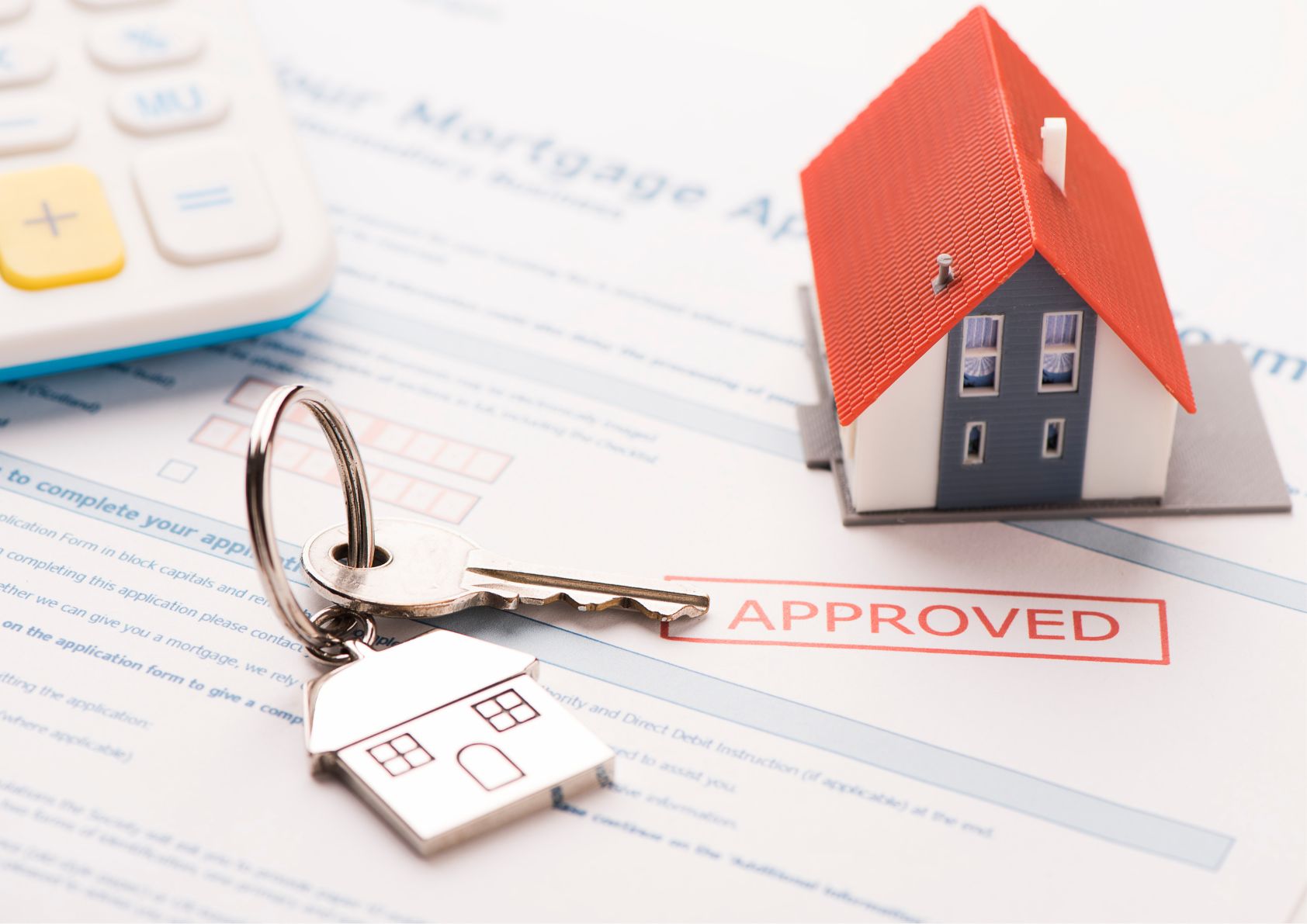As winter approaches, many industries slow down—including real estate. This seasonal cooling of activity can provide savvy investors with unique opportunities. Rather than taking a back seat, this season might be a prime time to dive into the market. Here, we’ll explore some trends worth watching and markets worth considering for real estate investing during the colder months.
Why Winter Can Be a Great Time for Real Estate Investment
The winter months traditionally see a decline in both buyers and sellers in the real estate market, leading to lower competition. Less foot traffic can often translate into better deals, as sellers may be more motivated to move their properties quickly before the year ends. This dynamic creates opportunities for investors to negotiate better prices and secure attractive financing terms.

Additionally, with the rise of remote work and shifting housing demands post-2020, the winter slowdown may be less impactful in some regions, offering even more potential for timely investments.
Market Trends to Watch in Winter 2024-2025
The Rise of Suburban and Rural Investments
One lasting shift from recent years is the preference for larger spaces outside urban centers. Suburban and rural markets have shown increased demand, as people prioritize spacious homes, larger yards, and peaceful surroundings over proximity to city centers. This winter could be an ideal time to focus on these areas. Seasonal conditions might also make the properties slightly less expensive, allowing investors to lock in a lower price before spring competition heats up.
Short-Term Rentals in Winter Destinations

Winter vacation spots are another excellent area to consider. Locations known for their winter tourism—think mountain cabins, ski resorts, and lake houses—offer fantastic rental potential. With travel trends shifting towards local and regional getaways, short-term rental markets in these areas could offer higher returns. In particular, high-demand winter vacation destinations may attract more guests looking for a cozy retreat. Investing in a property near a popular winter attraction could open up solid cash-flow potential with short-term rentals.
The Shift Toward Multi-Use Spaces
An increase in remote and hybrid work has driven the demand for properties that can serve multiple purposes, such as spaces with home offices, gyms, or even multi-generational layouts. Investors might benefit from considering properties with flexible layouts that can cater to these needs. Additionally, the ongoing popularity of Accessory Dwelling Units (ADUs) adds value to properties that offer in-law suites or separate guest spaces, making them attractive for both homebuyers and renters.
Markets Worth Considering for Winter Real Estate Investments
Southern and Sunbelt Cities
As colder months approach, warmer climates become even more appealing, especially to those seeking milder winters. Sunbelt cities—such as Phoenix, Austin, Miami, and Charlotte—continue to grow in popularity, especially among retirees and young professionals. These cities offer a steady flow of demand, ensuring minimal vacancy rates, even during winter. For investors, this means a dependable rental market with year-round occupancy.

Secondary Cities with Affordable Pricing
Cities with relatively affordable prices but growing demand, such as Louisville, Oklahoma City, and Indianapolis, are increasingly attractive. These areas offer strong rental yields due to lower entry costs compared to larger metropolitan areas. Winter investments in these cities can mean getting ahead of the curve in growing markets before they see price surges in the spring and summer.
Seasonal Resort Areas with Year-Round Appeal
While winter might focus on snow and ski tourism, many resort areas offer year-round appeal, catering to travelers regardless of the season. Mountain towns like Asheville, North Carolina, or Park City, Utah, are popular among tourists in winter and continue to attract visitors in spring and fall for hiking, festivals, and other outdoor activities. If you’re considering a short-term rental property, these resort areas could yield impressive occupancy rates throughout the year.
Making the Most of Winter Real Estate Investment Opportunities
While winter may seem like a less active time in the real estate world, it can actually be a strategic period for investment. Lower competition among buyers can mean better deals, while favorable financing options and tax benefits can help close deals that might otherwise become pricier in peak months. Staying informed on emerging trends, particularly those tied to location and buyer preferences, is key.
Moreover, as an investor, you might benefit from tapping into off-market deals or fixer-uppers, as these properties can come at a discount during the quieter winter months. If you’re willing to put in the work, winter real estate can be an opportune time to add valuable properties to your portfolio.
Wrapping Up: Invest with the Season on Your Side
Winter real estate investment may come with its unique set of challenges, like seasonal weather and reduced daylight, but for proactive investors, it also offers a prime chance to uncover deals, negotiate better terms, and take advantage of favorable market conditions. Keep an eye on these trends and markets, and you may find that the winter slowdown is actually the perfect season to warm up your real estate portfolio.
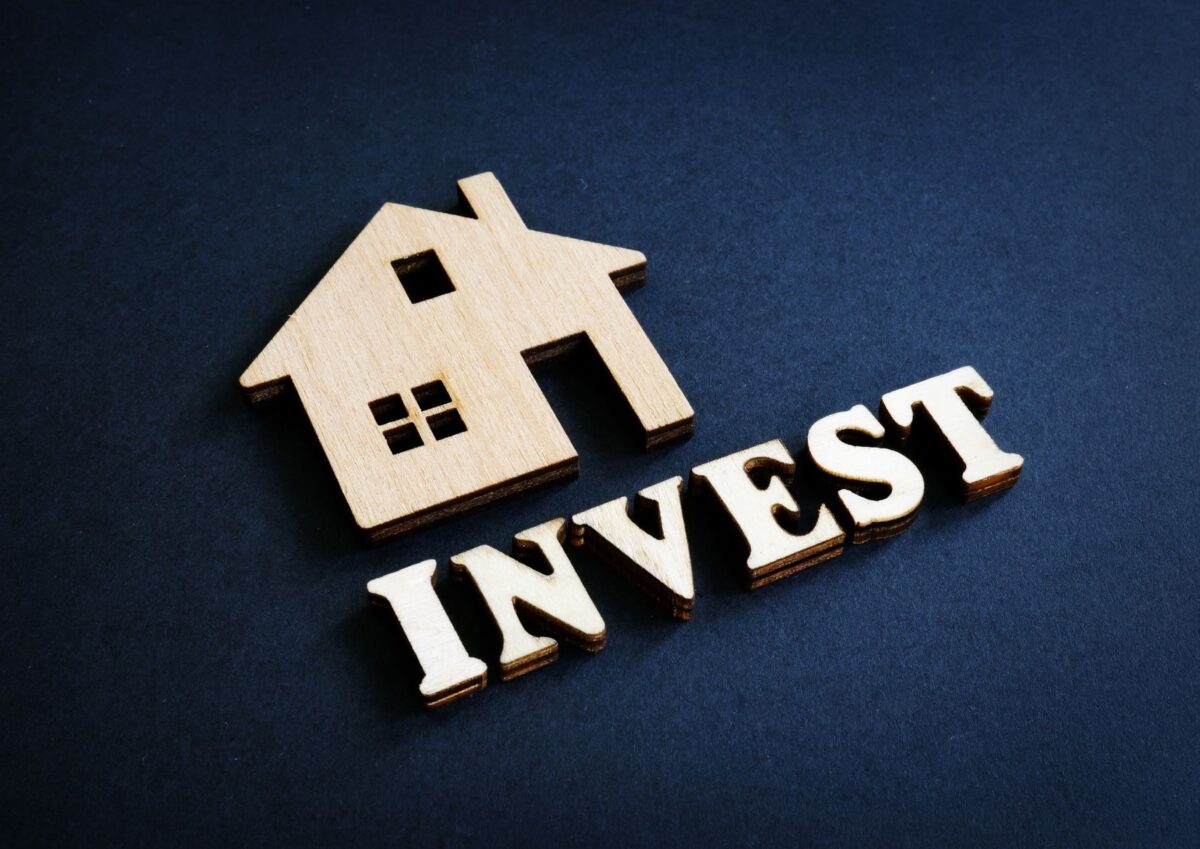






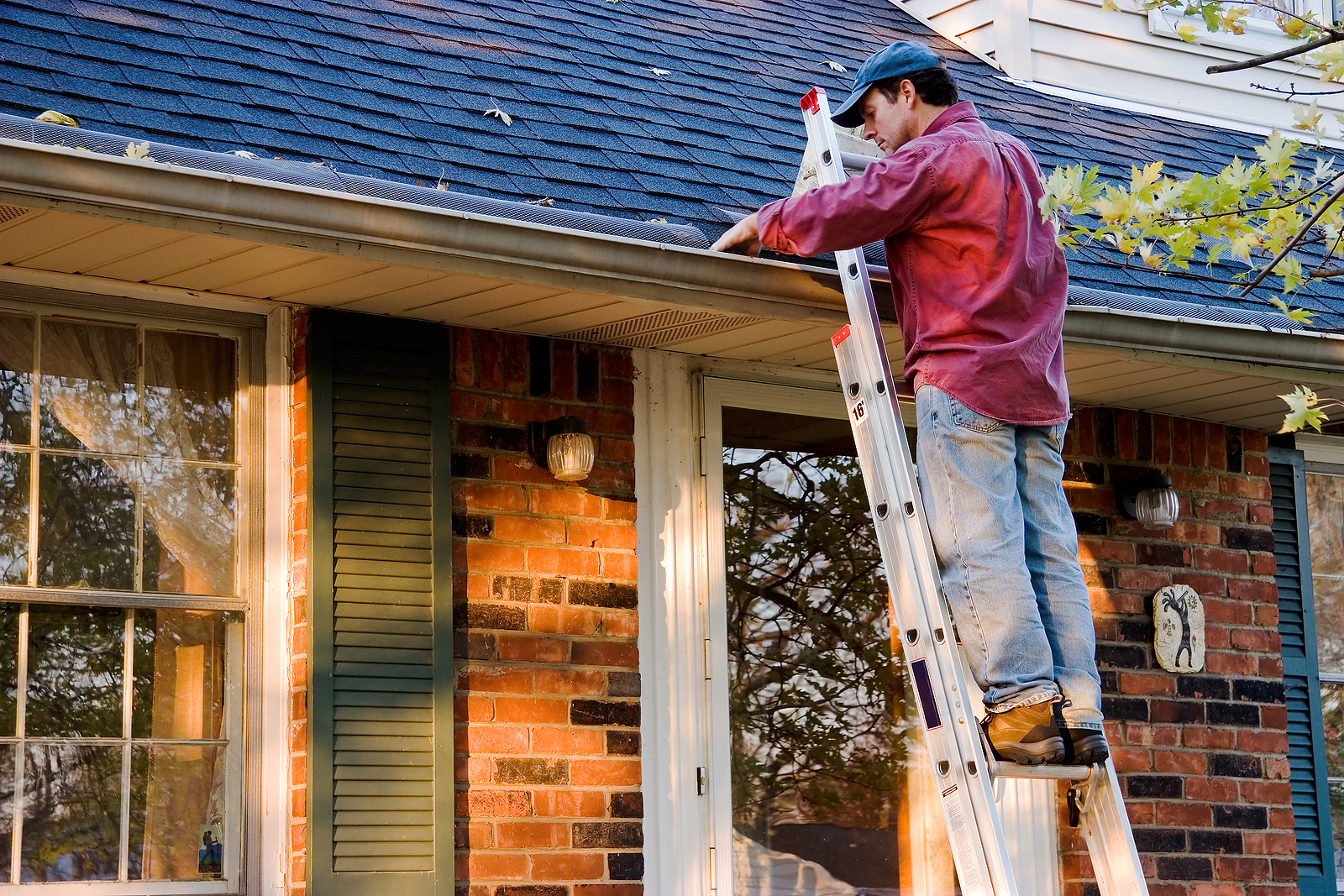






 Incorporating winter-friendly plants like ornamental grasses or evergreens can add a bit of texture and color to your yard. If you have a lawn, keep it tidy by clearing away any fallen branches or debris after storms. A well-maintained yard shows buyers that you take pride in your home, no matter the season.
Incorporating winter-friendly plants like ornamental grasses or evergreens can add a bit of texture and color to your yard. If you have a lawn, keep it tidy by clearing away any fallen branches or debris after storms. A well-maintained yard shows buyers that you take pride in your home, no matter the season.








